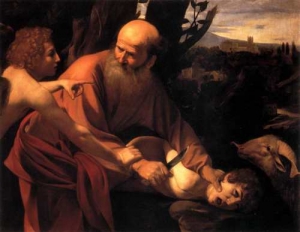What then about Hebrews 11:1? Substance (ὑπόστασις) is attributed to faith (πίστις)—by the way, “faithfulness” does not work here at all as a translation of faith. Steve Baugh is exactly correct when he writes, “My understanding of Hebrews 11 proceeds from the . . . Continue reading →
Heidelcast Special: Chad Vegas On Covenant And Baptism (1)
This is a special episode of the Heidelcast and special series featuring my dear friend and colleague in ministry, Chad Vegas, pastor of Sovereign Grace Bakersfield. He’s been walking his congregation from a Baptist to a Reformed understanding of covenant theology and . . . Continue reading →







